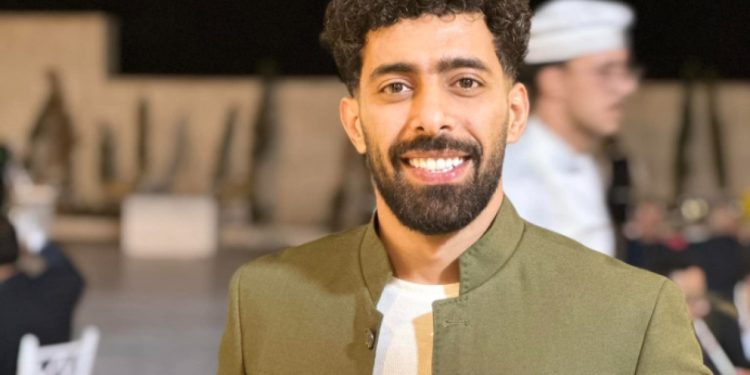Jordanian authorities have arrested young content creator Ayman Abli following his appearance in a video in which he spoke about the catastrophic situation in the Gaza Strip. In the clip, Abli criticised the hosting of festivals and celebrations in Jordan at a time when famine is devastating the besieged territory.
According to sources close to his family, Abli was detained by the General Intelligence Directorate without a judicial warrant and without any formal charges being brought against him at the time of writing—an apparent violation of the principle of “lawful detention” enshrined in the Jordanian Constitution and international human rights treaties.
Article 15 of the Jordanian Constitution affirms that “freedom of opinion is guaranteed, and every Jordanian has the right to express his opinion freely by word, in writing, by image, or by other means of expression.” Abli’s arrest falls outside this constitutional protection, particularly as his statements were peaceful expressions of humanitarian concern, not incitement, threats, or calls to violence.
This measure also contravenes the International Covenant on Civil and Political Rights, to which Jordan is a party. The covenant prohibits restricting freedom of expression except under narrowly defined and legally specified circumstances that meet strict tests of necessity and proportionality. Peaceful criticism of authorities or opposing official policy must not be criminalised under this framework.
Abli’s case highlights a broader issue regarding freedom of expression in Jordan, reflecting an increasingly repressive climate towards independent voices, especially those addressing regional justice issues or pointing out the disconnect between public sentiment and official actions. It also underscores a lack of transparency in security procedures and a deviation from the principle of the rule of law.
Furthermore, the banning of public events in solidarity with Gaza and the restriction of peaceful protests contradict Article 16 of the Constitution, which guarantees the right to assembly within the bounds of the law. Such actions indicate a growing tendency to curtail public space, which should remain open for responsible and informed engagement with humanitarian and political matters.
Abli’s case is not the first of its kind, and it is unlikely to be the last unless Jordanian authorities reconsider their security approach, which treats peaceful expression as a threat.
Freedom of opinion is not a privilege granted by the state; it is an inalienable right that cannot be revoked under any pretext, so long as it does not involve violence, incitement, or direct threats.
Detention without clear legal grounds and the suppression of citizens’ right to peacefully engage with regional tragedies represent a direct violation of the principles of justice and human dignity. It also undermines public trust in the state’s constitutional and international commitments.


























